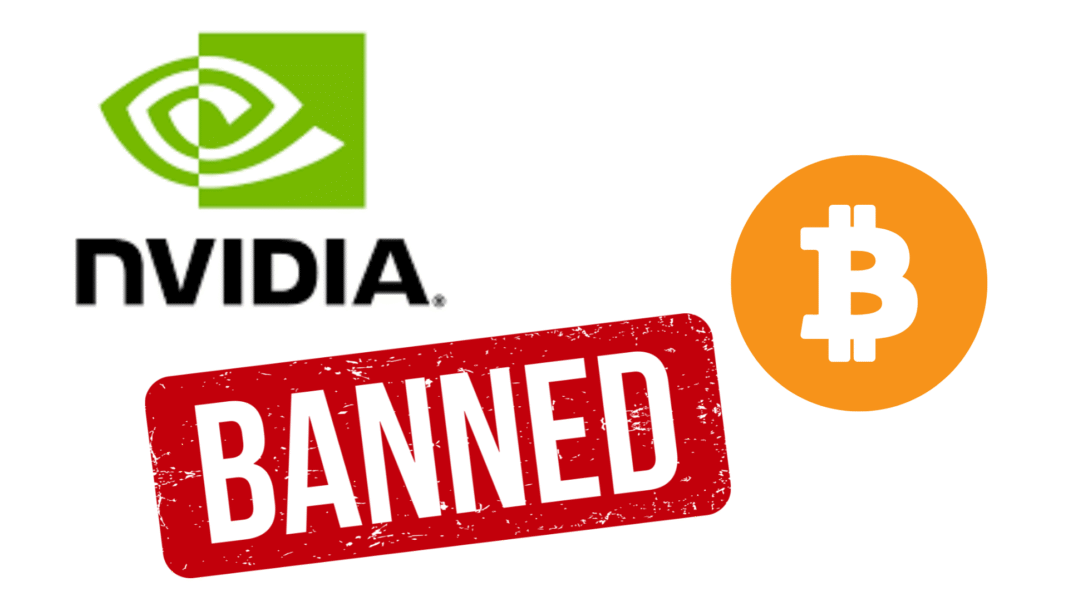NVIDIA’s update to its Inception accelerator program excludes cryptocurrency startups and strengthens entry requirements.
The changes highlight NVIDIA’s focus on stable, AI-driven ventures and the challenges crypto firms now face in accessing specialised hardware and mentorship.
NVIDIA recently updated its Inception accelerator program guidelines to explicitly bar companies tied to cryptocurrency.
The Inception program supports young startups with access to technical resources and funding. Now, any business involved in digital coins or blockchain-related ventures cannot apply.
Rationale Behind the Change
By leaving out crypto firms, NVIDIA aims to focus its efforts on organisations whose needs align closely with its core technologies, such as artificial intelligence and high-performance computing.
Cryptocurrency projects often carry regulatory uncertainties and volatile markets. Steering clear of that sector helps NVIDIA allocate its resources to partners with more predictable roadmaps.
Also Read: Blockchain Gaming Q1 2025 Sees Deal Volume Rise As Funding Falls 68% Year-Over-Year
Stricter Application Requirements
Alongside the crypto exclusion, NVIDIA clarified several other rules. Applicants must be less than ten years old, officially incorporated, employ at least one software developer, and operate a live website.
Generic email addresses and aliases no longer qualify. These tighter standards ensure that accepted members are committed, established, and ready to engage deeply with NVIDIA’s support.
Impact on the Crypto Ecosystem
This move leaves younger crypto startups with fewer paths to hardware and mentorship resources from a major chipmaker.
Many blockchain projects rely on powerful GPUs for mining or training AI models, so Inception membership could have been a valuable boost. With NVIDIA’s doors closed, these companies may turn to competitors or seek cloud-based solutions instead.
Industry Response and Future Outlook
Some industry observers see NVIDIA’s decision as a broader sign that big tech firms are growing cautious about the crypto sector’s reputation and risks. Others believe NVIDIA simply wants to streamline the kinds of startups it backs.
Future adjustments may open new programs for blockchain innovators, but for now, crypto companies must look elsewhere for early-stage support.
NVIDIA’s update reflects a strategic choice to concentrate on less volatile, more closely aligned industries. While this leaves crypto startups on the sidelines, it also underlines the importance of targeted support programs.
As the tech landscape evolves, both chipmakers and blockchain ventures will adapt to find the right partnerships and resources.
Despite this setback, funding in the crypto space is on the rise even since the COVID-19 pandemic and people and seeing this example as a faith over the crypto industry.


